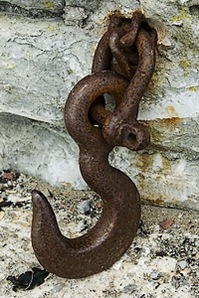 Nobody likes busting a fish off despite it being an annual Opening Day ritual. Hammy hands and adrenaline results in that sinking feeling where the knot can’t be blamed, the tippet was new, and only your Gorilla-like reflexes turned success into a shameful ruddy blush.
Nobody likes busting a fish off despite it being an annual Opening Day ritual. Hammy hands and adrenaline results in that sinking feeling where the knot can’t be blamed, the tippet was new, and only your Gorilla-like reflexes turned success into a shameful ruddy blush.
It’s the “Nine Trips a Year” syndrome, it’s been three or four months since your last combat, and the presence of your buddy only adds to the anxious heavy-handed hook set.
There’s good news for all of us, recent research has shown how Largemouth Bass once caught are more likely to be caught again, and from Australia research on 249 species and a quarter million anglers – claims that leaving a hook imbedded in fish gives you an 18% better chance of it taking a lure again.
… assuming it survives.
Hooks decompose much more slowly than once thought, and tests in saltwater on larger circle hooks suggest it may take 3 or 4 months to decompose to the point it loses integrity.
Our smaller freshwater hooks may take as long or longer, as freshwater contains little corrosive agents to assist the process.
My personal best was recovering three flies from the mouth of a 13″ rainbow on Hat Creek, it’d developed a yen for Copper John’s (2) and a Gold Ribbed Hare’s Ear.
Take it from someone who knows, anything tastes better’n mashed mayfly with a side of Elodea…
